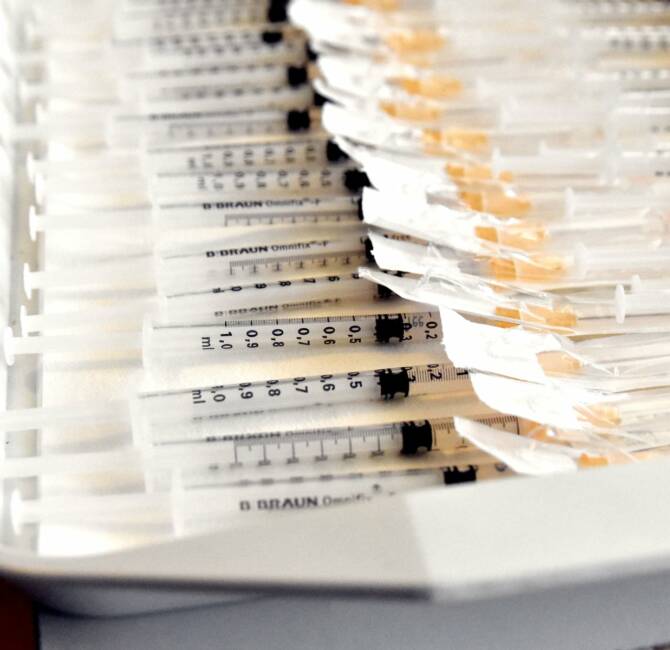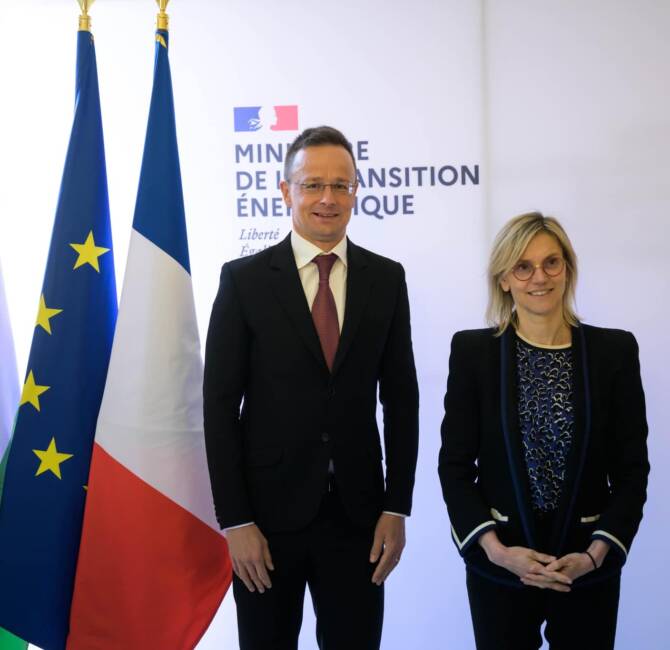Hungary – One significant consequence of Russia’s war in Ukraine was Finland and Sweden’s application for NATO membership last year. For those two traditionally non-aligned countries to become members of the Atlantic Alliance, however, they have to get the green light from each and every NATO member.
In February, when the chairman of the Fidesz parliamentary group in the Hungarian Parliament, Máté Kocsis, announced that the ratification of Finland and Sweden’s membership in NATO would soon be presented to MPs, he conceded that the government group was divided on this issue:
“There has been a serious debate about Sweden and Finland’s membership in NATO.
Many have complained that in recent years politicians from these countries have insulted Hungary
in a rude, unfounded, and often vulgar manner, and they are now asking for favours. (…)
Politicians from those two countries must realise one thing: what they have done again and again against Hungary in recent years, the unfounded accusations they have made, is not right. And perhaps it will not work in the future, either, to make irresponsible and insulting allegations about a partner country and then ask it for a favour. Perhaps that’s just the way it is in human relations. ”
For that reason, MPs asked the National Assembly’s Speaker, László Kövér, to send a delegation to those two countries in order to clarify the situation.
Foreign Minister Péter Szijjártó has likewise expressed similar doubts about Sweden and Finland:
“How can you expect a quick, fair, and just decision-making process when
we constantly hear lately that there is no democracy in Hungary, that the rule of law is not guaranteed,
that there is no freedom of the media, and that the independence of the judiciary is not guaranteed?”
Meanwhile, parliamentary debates about ratification began on 1 March, and MEP Ernő Schaller-Baross (Fidesz) has explained that “the primary objective of the National Assembly’s delegation was to demand
more respect for Hungary, the Hungarian people, and Hungarian voters,
and at the same time to demand more respect for the facts. (…)
In Hungary, democracy did not come ready-made; we had to fight for it.
(…) We have also made our partners understand that when opinions emerge about the existence of a repressive system in our country, they should know that Fidesz was actually created to oppose a dictatorship.”
For his part, Hungarian Defence Minister Kristóf Szalay-Bobrovniczky, who met with his Swedish and Finnish counterparts, Pal Jonson and Antti Kaikkonen, recalled that
“the Hungarian government has supported [Finland and Sweden’s] accession from the very beginning”.
“Finland and Sweden are remarkable assets to enhance NATO’s strength. The Hungarian government supports Finland’s membership in NATO.
Nevertheless, as a committed ally, Hungary demands more respect from Finnish politicians…”
Finland and Sweden officially applied for NATO membership on 18 May, 2022. Out of the 30 countries currently belonging to the Alliance, two have been dragging their feet and have not yet approved the two Nordic countries’ application: Turkey and Hungary.
The Visegrád Post’s editor-in chief, Ferenc Almássy, explained in a recent interview for TV Libertés the difficult situation Hungary is currently in, and how it is taking advantage of the situation to negotiate its access to EU funds to which it is entitled but which have been blocked by the European Commission for reasons that are perceived in Budapest as being mostly politically and ideologically motivated. Moreover, by holding up its ratification, Hungary may “very well be doing a favour for Erdogan, for Turkey, (…) and as long as Hungary does not ratify, eyes are not turned towards Turkey, which buys it time”. This could in turn be of some help to Erdogan, as he is going to face difficult parliamentary elections on 14 May.




